Introduction to Skeletal Semi Trailers
In the realm of logistics and freight transport, the skeletal semi trailer stands out as an indispensable asset for hauling containers. Designed specifically for the efficient transport of standard shipping containers, skeletal trailers serve as a crucial link in the supply chain, facilitating the movement of goods across various distances. Their streamlined design offers flexibility, cost-effectiveness, and adaptability to different shipping needs. In this article, we will delve deeply into the various dimensions of skeletal semi trailers, analyzing their design, features, applications, and market trends to help guide informed purchasing decisions.
What is a Skeletal Semi Trailer?
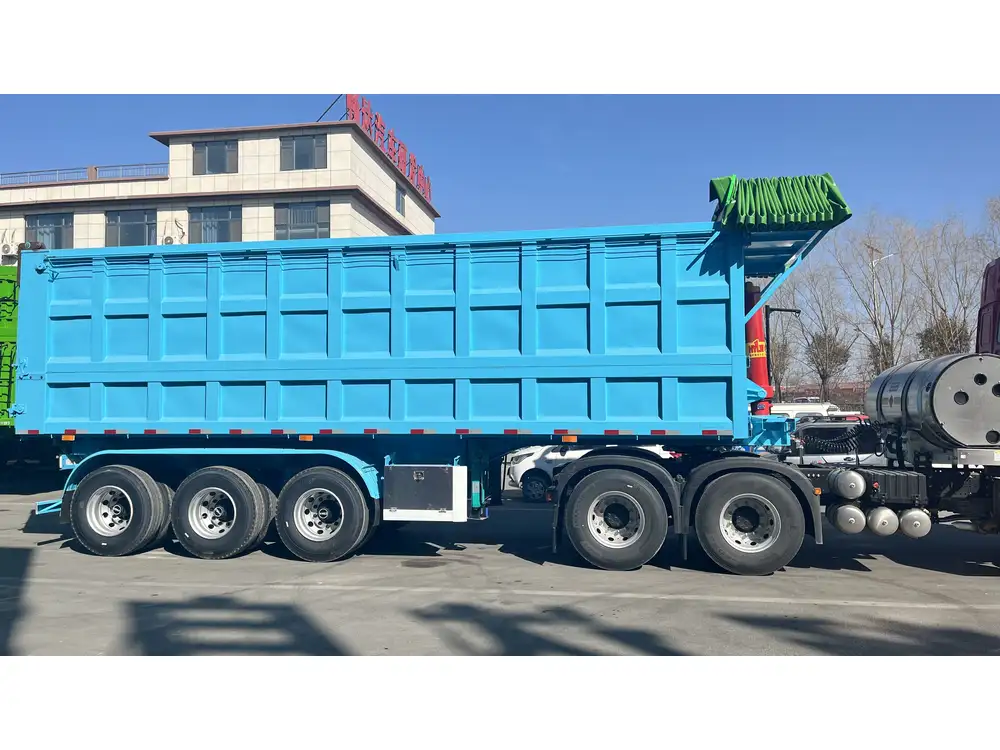
Definition and Structure
A skeletal semi trailer is a type of trailer with a minimalistic frame designed to carry shipping containers. It typically comprises a pair of skeletal beams that support the container’s weight while providing enough structural integrity to ensure safe transportation. Here are some technical specifications:
| Specification | Description |
|---|---|
| Length | Usually 20 to 40 feet |
| Width | Standard 8.5 feet |
| Capacity | Dually varies; up to 60,000 lbs |
| Axles | Generally two or three axles |
| Gross Vehicle Weight Rating (GVWR) | Can exceed 80,000 lbs |
Benefits of Using Skeletal Semi Trailers
1. Increased Flexibility
One of the most significant advantages of using skeletal semi trailers is their ability to accommodate a wide range of container sizes (20ft, 40ft, or even 45ft containers). This flexibility is crucial for logistics companies that need to adapt to varied freight requirements seamlessly.
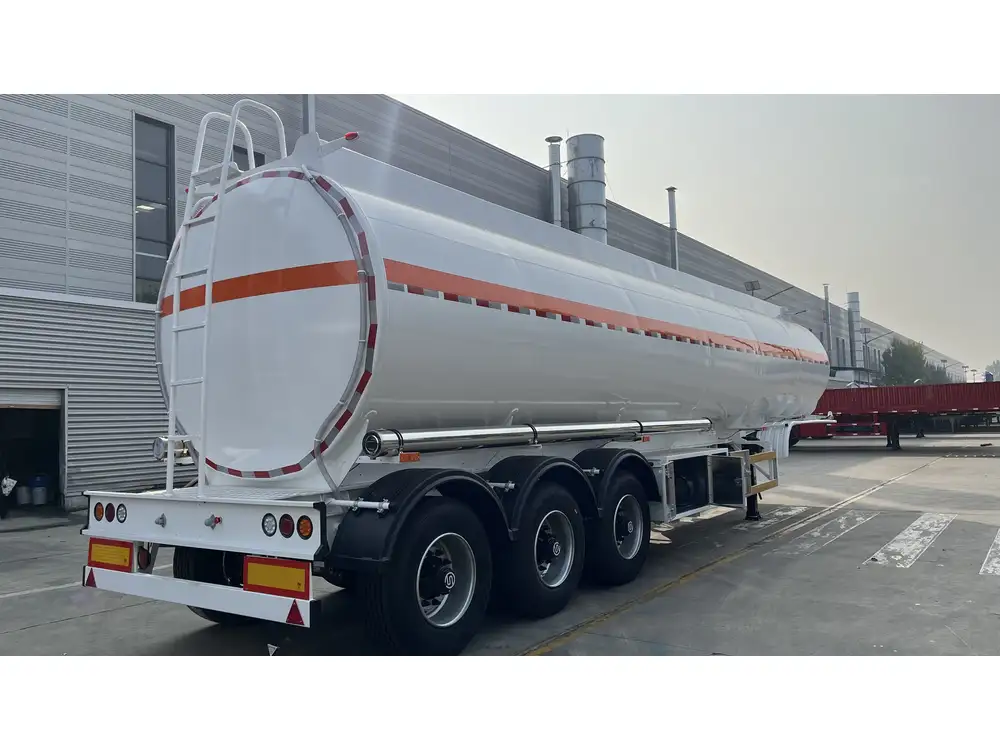
2. Cost-Efficiency
Given their lightweight structure, skeletal trailers lead to lower fuel consumption compared to heavier trailers. This, coupled with the ability to stack containers, makes them financially viable for many transport companies.
3. Easy Loading and Unloading
Skeletal semi trailers facilitate expedited loading and unloading processes due to their open design. They can accommodate cranes for efficient logistics operations, which is vital for maintaining timely delivery schedules.
4. Higher Payload Capacity
With their lightweight nature, skeletal trailers can often carry heavier loads compared to other trailer types of the same weight class. This feature maximizes revenue potential for businesses.
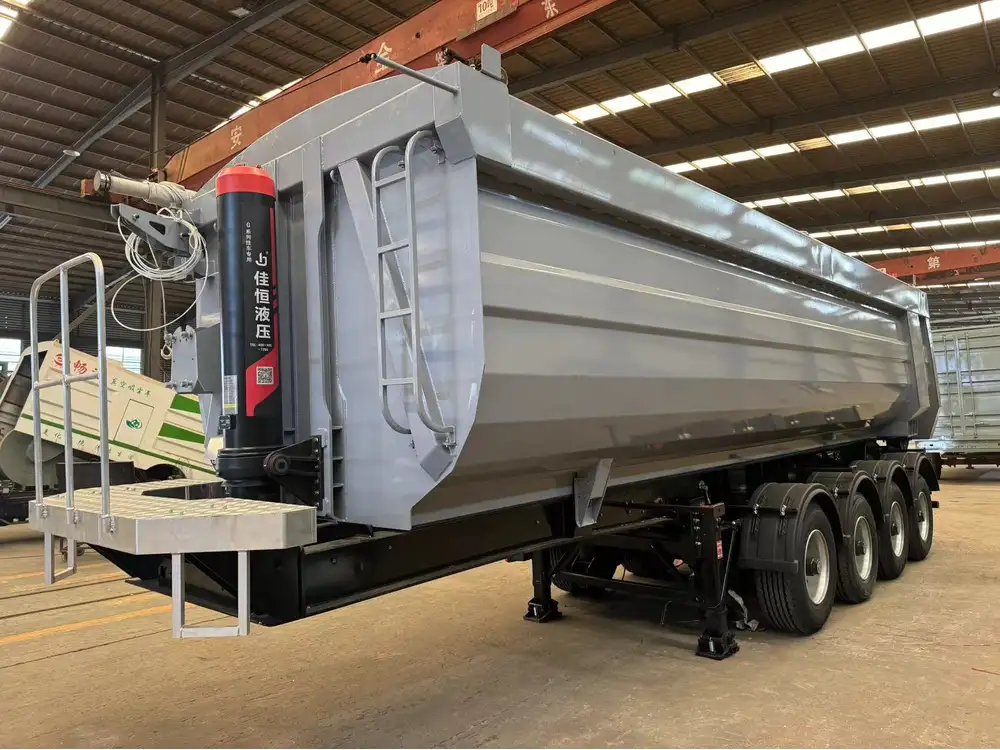
Common Applications of Skeletal Semi Trailers
Intermodal Transport
Skeletal semi trailers are particularly invaluable in intermodal transport, allowing goods to be seamlessly transferred between truck, rail, and shipping methods without unloading the cargo. This transit method greatly enhances efficiency and reduces handling costs.
Construction Industry
In construction, skeletal trailers are frequently used to transport containers holding tools and materials to various job sites. Their adaptability makes them ideal for transporting heavy-duty cargo securely.

Global Shipping
With the increasing demand for global shipping, skeletal trailers play a critical role in transporting ISO containers from ports to distribution centers. Their structure is specifically tailored for this purpose, contributing to international trade by connecting various logistical hubs.
Key Design Features of Popular Skeletal Semi Trailers
Durable Frame Structure
The central framework of a skeletal semi trailer is constructed using high-strength steel. This ensures not only durability but also resistance to deformities under heavy loads.

Wheelbase and Axle Configuration
Consideration of the wheelbase and axle arrangement is vital for stability and load distribution. Various configurations exist, with some popular designs being:
- Single Axle: Ideal for lighter loads and urban deliveries.
- Tandem Axle: Provides balance and can handle heavier loads without sacrificing maneuverability.
- Tri-Axle: Offers superior load management and stability for maximum payload capacity.
Container Locks
Skeletal trailers are equipped with various locking mechanisms to secure shipping containers tightly. These features ensure that the cargo remains intact even on uneven road surfaces. Container locks can be categorized as:
| Lock Type | Functionality |
|---|---|
| Twist Locks | Commonly used for 20ft and 40ft containers, offering secure placement. |
| Automatic Locks | Engage automatically upon loading for enhanced safety. |
Customization Options
Recognizing the diverse needs of transport operators, many manufacturers offer customization options, such as adjustable side rails for different container sizes, reinforced flooring for heavy loads, or specialized paint finishes for branding purposes.

Maintenance and Care Tips for Skeletal Semi Trailers
Investing in a skeletal semi trailer is significant, and proper maintenance ensures longevity and operational efficiency. Here are some essential maintenance tips:
Regular Inspections
Conduct frequent inspections on critical components such as axles, brakes, tires, and locking mechanisms. Catching wear and tear early can prevent costly repairs later.
Lubrication
Regularly lubricate moving parts such as suspension components and wheel bearings to reduce friction and wear.
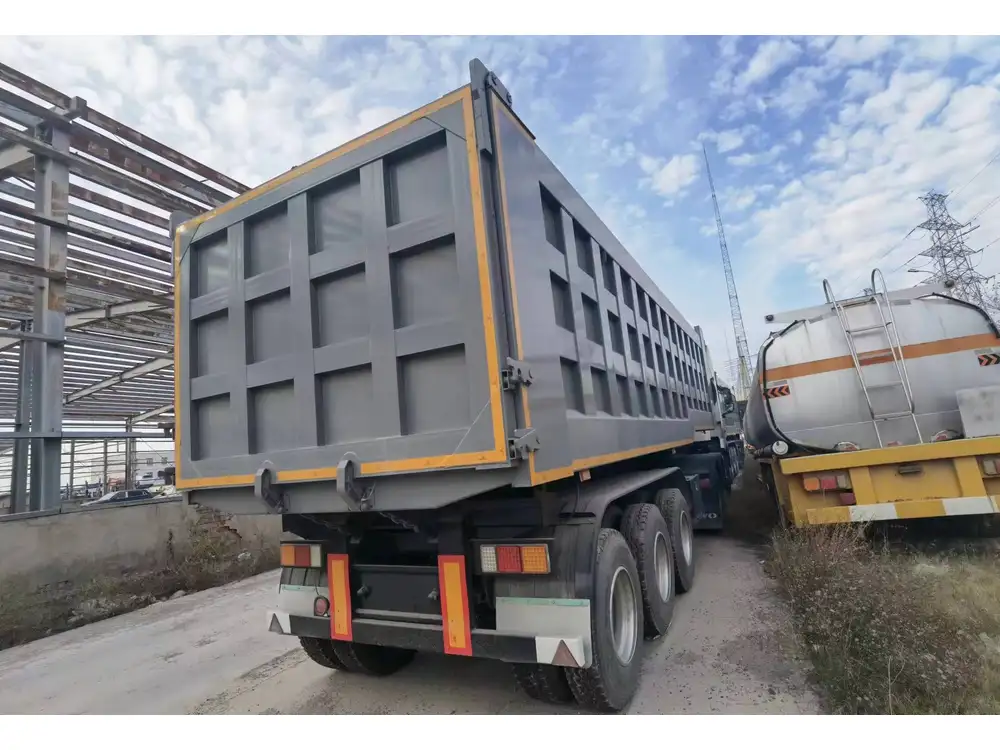
Seasonal Care
Be mindful of the effects of varying weather conditions on your trailer. For instance, check the towing equipment during winter months to prevent any complications due to ice or snow buildup.
Market Trends and Future Projections
Growing E-commerce and Logistics Sector
As the global e-commerce market continues to expand, the demand for efficient logistics solutions, including skeletal semi trailers, is expected to grow. The increasing reliance on containerized shipping will underpin this trend.
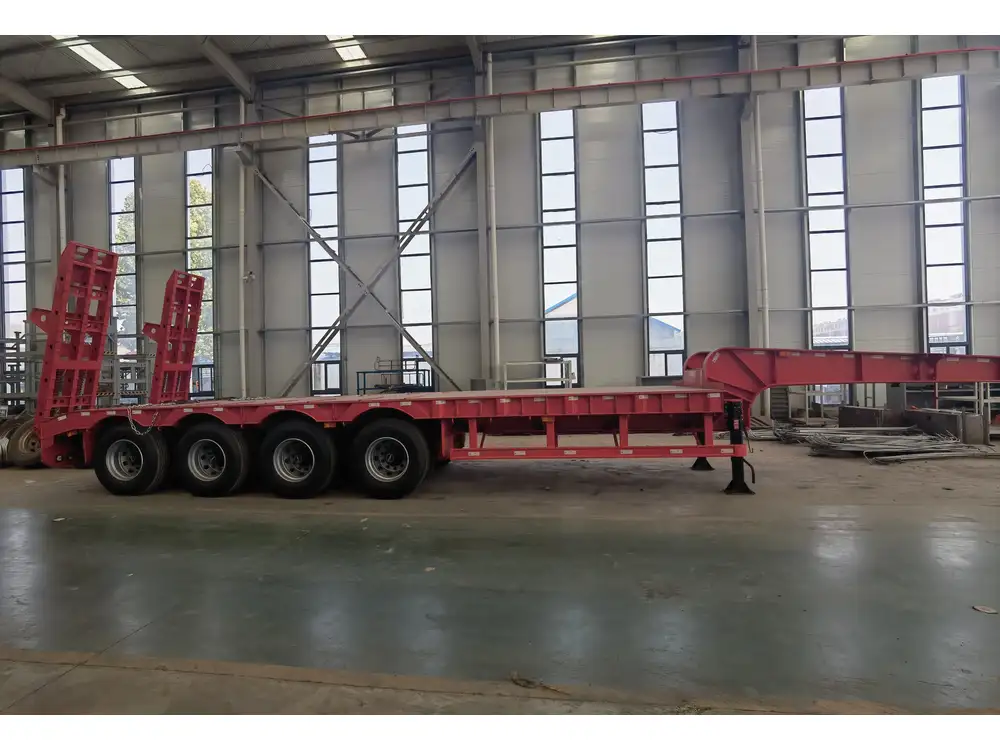
Technological Advancements
The integration of technology is transforming the logistics landscape. Features like GPS tracking, electronic stability control, and automated loading systems are becoming standard in modern skeletal semi trailers. These advancements will enhance safety, efficiency, and overall operational performance.
Sustainability Initiatives
With growing emphasis on sustainability, manufacturers are looking for ways to create more eco-friendly trailers. This includes using recycled materials in construction and optimizing designs to enhance fuel efficiency further.
Popular Brands in the Skeletal Semi Trailer Market

1. Great Dane Trailers
A leader in transport solutions, Great Dane offers innovative designs and durable semi trailers tailored for various industries worldwide.
2. Utility Trailer Manufacturing Company
Known for their reliable and robust construction, Utility’s skeletal semi trailers are widely recognized for their longevity and performance.
3. Wabash National Corporation
Wabash has made significant strides in trailer manufacturing with its commitment to innovation, offering state-of-the-art skeletal semi trailers that meet various transport regulations.

Conclusion: Choosing the Right Skeletal Semi Trailer
Selecting the appropriate skeletal semi trailer is akin to investing in the future success of your transport business. Factors such as payload capacity, design features, and intended applications should guide your decision. Understanding market trends and maintenance necessities can further enhance the lifespan and efficacy of your investment.
Ultimately, opting for popular skeletal semi trailers from reputable manufacturers ensures that you are well-equipped to navigate the intricacies of freight transport with confidence and efficiency. This guide serves as a comprehensive resource, enabling you to make informed decisions tailored to your specific logistical needs.
As the landscape of freight and logistics continues to evolve, embodying adaptability and understanding the nuances of skeletal semi trailers will be vital for long-term success. Happy hauling!



